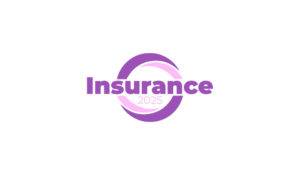If you own a business that uses vehicles for commercial purposes, then you know how important it is to protect your assets. Commercial auto insurance is a critical investment that can help protect your business from financial and legal risks in the event of an accident. However, with so many insurance options available, it can be challenging to know what to look for when purchasing commercial auto insurance. That’s why we’ve put together this guide to help you understand ten essential factors to consider before buying commercial auto insurance. From understanding the different types of coverage to evaluating your business’s unique risks and budget, this guide will help you make an informed decision when it comes to choosing the right commercial auto insurance policy for your business.
1. Commercial auto insurance requirements
Before buying commercial auto insurance, it’s important to understand the requirements for your business. Depending on the state and industry, the requirements could vary. In general, most states require businesses to have liability insurance, which covers bodily injury and property damage caused by the driver of the vehicle. Some states may also require uninsured/underinsured motorist coverage, which protects the driver and passengers of the vehicle in the event of an accident with a driver who is not adequately insured.
It’s important to note that the requirements for commercial auto insurance may differ from personal auto insurance. Personal auto insurance policies may not cover the use of a vehicle for business purposes, so it’s important to have specific commercial auto insurance coverage.
In addition to state requirements, it’s important to consider the needs of your business. For example, if you have employees who will be driving the vehicle, you may want to consider adding a hired/non-owned auto coverage to your policy. This will cover any accidents that occur while an employee is using their personal vehicle for business purposes.
Overall, understanding the requirements for commercial auto insurance is the first step in ensuring that your business is adequately covered in the event of an accident. Be sure to work with a reputable insurance provider who can guide you through the process and help you find the right coverage for your business needs.

